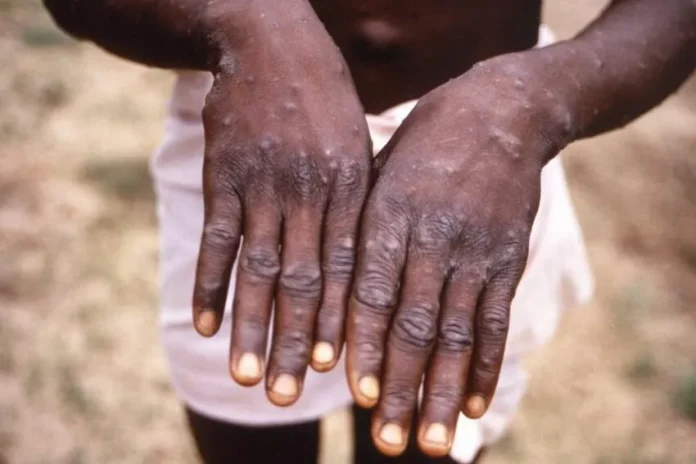THE re-emergence of Mpox (monkeypox) as a public health issue in Nigeria demands immediate and strategic action. As of last November, the nation was grappling with 108 confirmed cases across 27 states and the Federal Capital Territory (FCT), with Bayelsa State bearing the highest burden. Declared a global health emergency by both the World Health Organization (WHO) and the Africa CDC, mpox serves as a stark reminder of our vulnerabilities in managing infectious disease outbreaks.
Mpox, caused by the monkeypox virus, spreads from animals to humans and between individuals. While most recover without complications, the virus can lead to severe illness or, in rare cases, death. The symptoms range from flu-like signs to an itchy, painful rash.
With 1,395 suspected cases this year alone, the potential for a wider outbreak remains a significant concern.
Nigeria has shown some progress, evidenced by being the first African country to receive a shipment of Mpox vaccines outside clinical trials. The delivery of 10,000 doses of Jynneos, donated by the U.S., underscores international confidence in Nigeria’s preparedness. Director-General of the Africa CDC, Dr. Jean Kaseya, highlighted Nigeria’s regulatory approval and readiness to deploy these vaccines.
Moreover, the Nigeria Centre for Disease Control (NCDC) and the Ministry of Health have activated robust response plans in collaboration with the Nigerian Red Cross and international partners. Training programs for health workers in 32 states have been pivotal in enhancing the nation’s capacity to manage the outbreak.
Nigeria’s fight against mpox, while commendable, still leaves significant room for improvement. The Northern region, particularly low-burden states, requires targeted and tailored interventions to address specific vulnerabilities. The Nigerian Red Cross has stepped in with a preparedness plan designed to reduce disease transmission and protect at-risk populations.
However, these regional efforts must be integrated into a cohesive nationwide surveillance system to ensure no state is left behind in the fight against this disease.
Public awareness remains a glaring weak spot in Nigeria’s response to mpox. Many citizens are uninformed about the disease, its symptoms, and preventive measures. This underscores the urgent need for a robust public health education campaign that leverages both traditional and digital media to reach diverse audiences. Furthermore, equitable access to healthcare services must be prioritized. Rural areas, which are often underserved, require mobile clinics and telemedicine solutions to bridge the glaring healthcare divide and ensure prompt access to care.
It’s also paramount to strengthen disease surveillance systems, with advanced diagnostic tools and community-based reporting mechanisms playing a key role in early detection. Investment in research and development is equally essential to support localized studies on mpox, enabling a deeper understanding of its epidemiology and crafting context-specific interventions.
Vaccination efforts must also be scaled up. While the initial 10,000 doses represent progress, they are grossly inadequate for the nation’s vast population. Securing additional vaccine doses and prioritizing high-risk groups will be crucial. Additionally, Nigeria’s healthcare infrastructure requires significant enhancement, including the establishment and equipping of infectious disease centers across all geopolitical zones. International partnerships should also be fostered to ensure the sustainability of long-term strategies and resource mobilization.
The COVID-19 pandemic exposed deep-seated gaps in Nigeria’s healthcare infrastructure, from delayed responses and inadequate resources to fragmented coordination among agencies.
However, it also provided invaluable lessons about the necessity of preparedness, early detection, and robust public health education, as well as the indispensable role of international collaboration. These lessons must inform the current approach to mpox, ensuring a more proactive and coordinated response.
In a world still reeling from the COVID-19 pandemic, Nigeria has an opportunity to lead by example in combating mpox. Strategic investments, robust public engagement, and decisive action now will determine the impact of this outbreak and safeguard the health of future generations.


